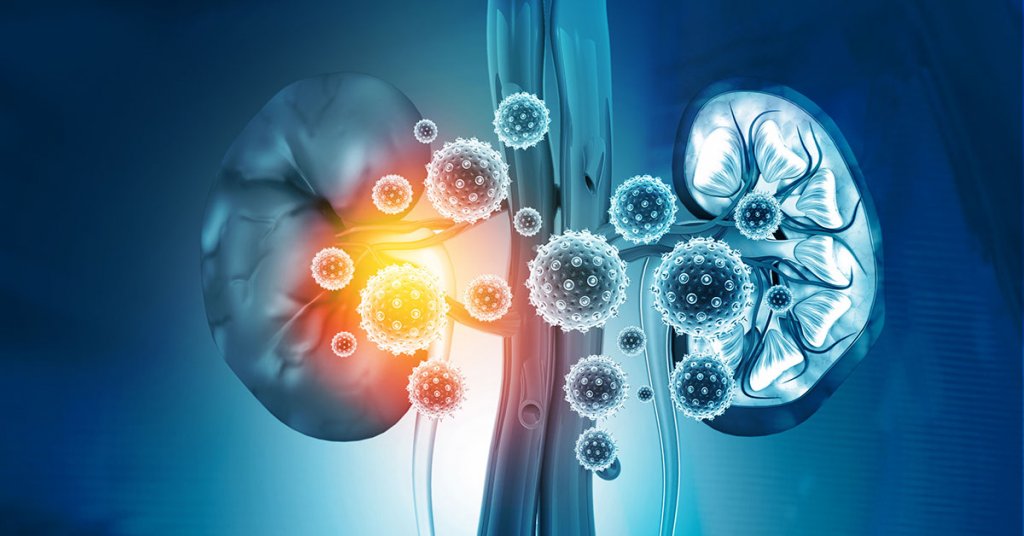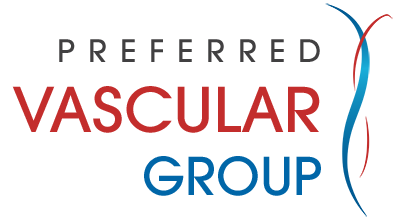6 Causes of Kidney Failure

March is National Kidney Month, making now the perfect time to look at some of the things that can lead to kidney failure, which is also called end-stage renal disease (ESRD). According to the National Institute of Diabetes and Digestive and Kidney Diseases (NIDDK), each year there are over 117,000 new cases of ESRD each year. There are several conditions that may lead to end-stage renal disease. Some conditions cause kidney damage over time, while others act more quickly. This list is not complete by any means, but it covers the basics.
1. Diabetes
Diabetes is a major risk factor that is linked to kidney disease and kidney failure. Diabetes is a condition in which your body does not make enough insulin OR the body doesn’t use the insulin it produces properly. Because insulin controls how much sugar is in the blood, the result of diabetes is high blood sugar. High blood sugar can damage the small blood vessels in your kidneys. That’s how diabetes causes kidney disease and kidney failure
2. High Blood Pressure
High blood pressure is also called hypertension. Blood pressure is the force of blood pushing against the walls of blood vessels as it circulates around your body. Hypertension is when that pressure is too high. High blood pressure is one of the leading causes of kidney failure and kidney disease. It is also linked to heart attacks and strokes.
3. Glomerular Diseases
Glomerular diseases are conditions that affect the kidneys by attacking the small filtering units that help the kidneys clean blood (called glomeruli). There are two main types of glomerular disease, both of which can lead to kidney failure.
- Glomerulonephritis: This is inflammation or infection of the glomeruli.
- Glomerulosclerosis: This is a condition in which the glomeruli harden or scar.
4. Polycystic Kidney Disease
Polycystic kidney disease (PKD) is a genetic disease that causes cysts to grow in the kidneys. PKD damages kidney tissue and enlarges the kidneys. PKD can cause chronic kidney disease, which may develop into end-stage renal disease. There are two types of PKD:
- Autosomal dominant PKD: This form of the disease only causes cysts in the kidneys. It does not cause cysts to grow in other parts of the body. People with this type of PKD usually don’t see symptoms until after their 30s, so it is sometimes called “adult PKD.”
- Autosomal recessive PKD: This form of PKD causes cysts to grow in the kidneys as well as in the liver. Signs of this type of PKD are usually noticeable within the first few months of a baby’s life. It may also be discovered before birth. That’s why it’s sometimes called “infantile PKD.”
5. Acute Kidney Injury
Acute kidney injury (AKI) occurs when something causes the kidneys to stop functioning all of a sudden. Unlike CKD, which can take years to cause kidney failure, AKI develops over a period of hours or days. If an acute injury is not diagnosed and treated quickly, it can lead to serious complications like kidney failure. Causes of AKI include:
- Low blood pressure (hypotension)
- Heart attack
- Heart failure
- Overuse of nonsteroidal anti-inflammatory drugs (NSAIDs) like ibuprofen and aspirin.
- Shock
- Failure of another organ like the heart
- Burns
- Surgery
- Traumatic injury
6. Renal Vascular Disease
Some causes of kidney failure are linked to some type of renal vascular disease.
- Renal artery stenosis (RAS): Also This is the narrowing of an artery that brings blood to the kidneys. The artery narrows due to a build-up of plaque, which is a fatty substance that sticks to the walls of blood vessels. It can lead to high blood pressure and eventually kidney failure. Your risk of developing RAS increases with age. Other factors that increase risk include high cholesterol, diabetes, obesity, and a family history of heart disease.
- Renal artery stenosis is most often caused by atherosclerosis, which is the build-up of plaque in the artery walls. However, sometimes a condition called fibromuscular dysplasia is to blame. In this condition, the muscle tissue in the artery walls grows abnormally, which causes a decrease in blood supply.
- Renovascular hypertension: High blood pressure in the renal arteries. This is caused by renal artery stenosis.
- Renal artery thrombosis: This is a blood clot in a renal artery. The clot may block blood flow and cause kidney failure.
- Renal vein thrombosis: This is a clot in a renal vein. In can lead to acute kidney injury or chronic kidney disease, both of which can lead to kidney failure.
—
If you would like to schedule an appointment at Preferred Vascular Group to have a consult with a Board-Certified physician or would like to have one of our highly trained care providers reach out to you, please click on a button below:
